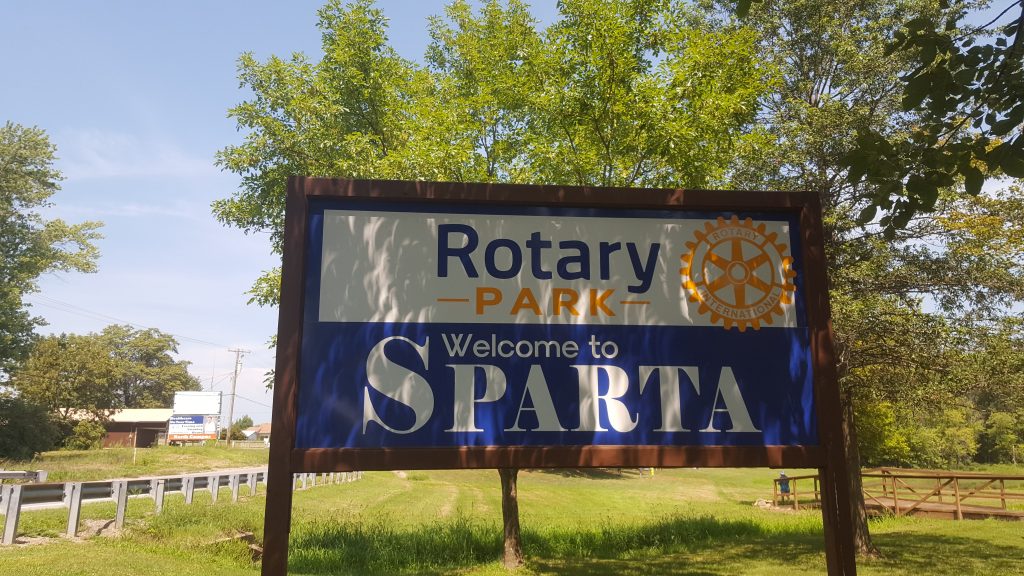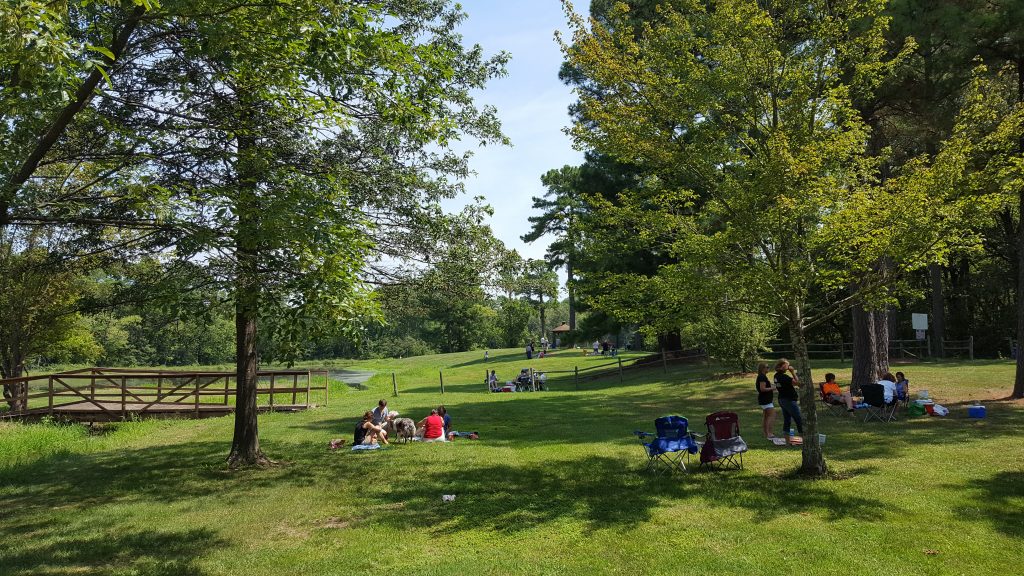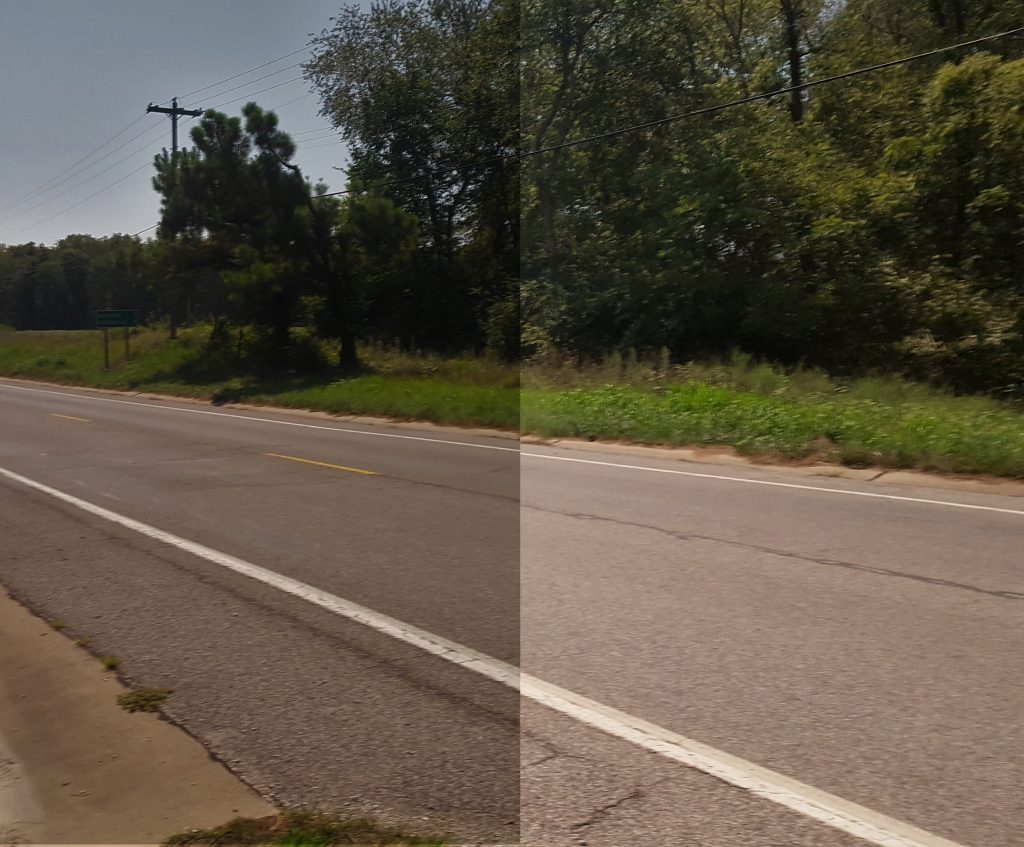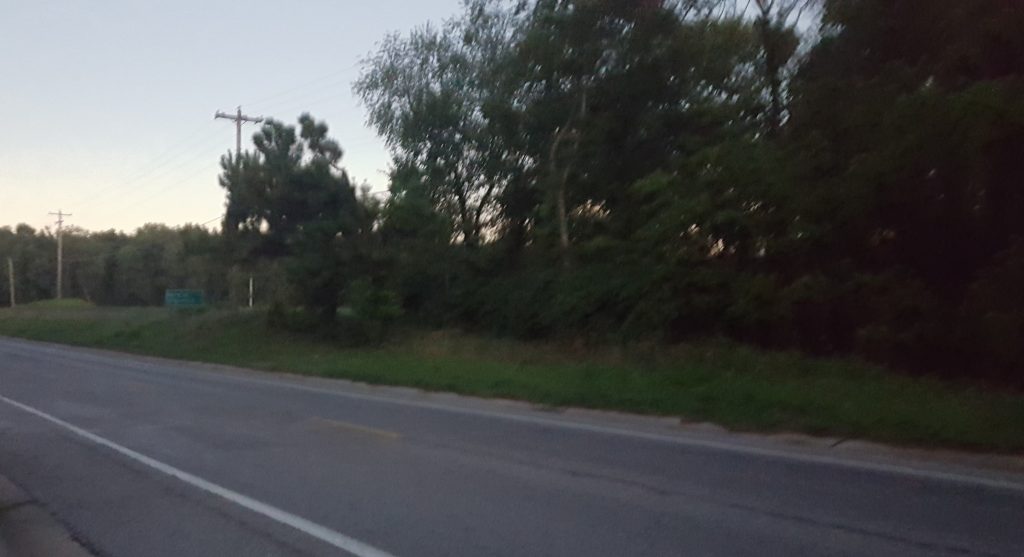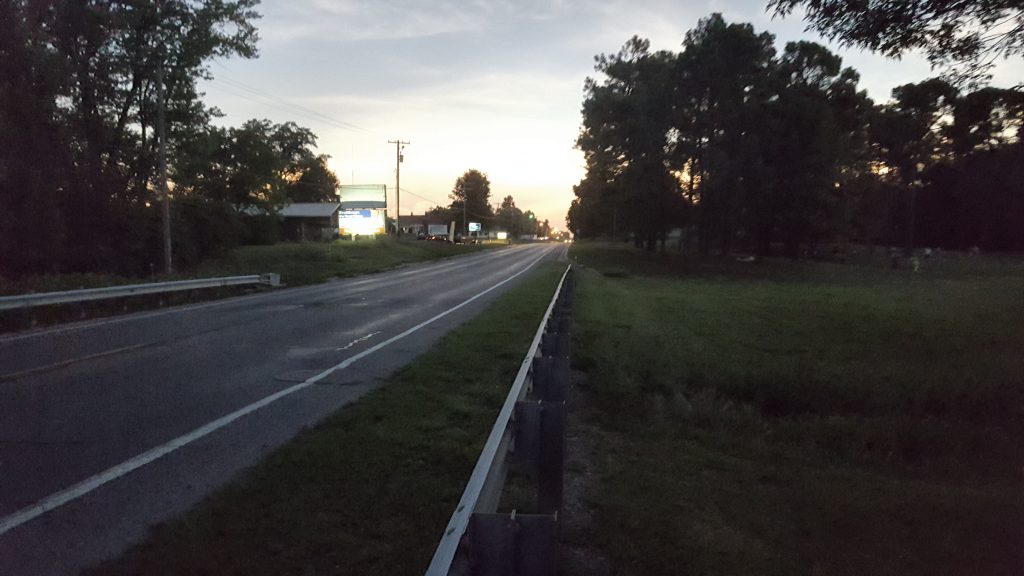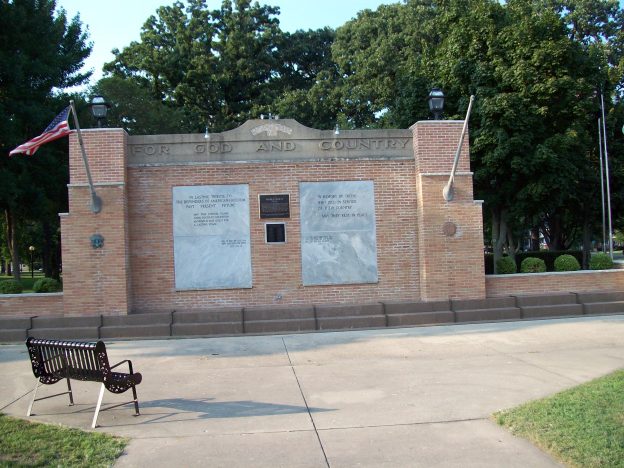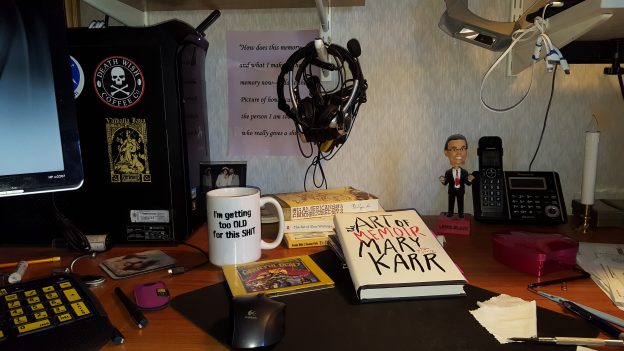She dropped them off at the shelter; Baxter, the five-year-old Shih-Tzu, and the puppy. It was a difficult decision—they were her family—but she couldn’t care for them anymore. She was going into hospice and her time was drawing near.
Peg, and I had been looking for another dog ever since we’d lost Goldie, our petulant Pekingese. We’d gotten her and Gus, a 13-year-old Shih-Tzu with several health problems, from a foster family for the same shelter. They were life-long companions and the shelter didn’t want them separated. Gus was with us for two years; Goldie died five years later at the ripe old age of 18. We mourned their passing but eventually decided it was time to welcome another shelter dog into our home.
Peg periodically browsed the shelter’s website for dogs and found Boo-Boo, a mischievous-looking little dog. We thought this was a sign because Boo-Boo was our favorite nickname for Goldie, but we discovered he’d already been promised to someone. So, one afternoon we went to the shelter and spent time with several dogs. It was almost heartbreaking; they were all eager to find someone to love them. Most were bigger dogs or came as a set of two or three, more than we could handle.
We left and returned a week or so later. Peg went with one of the staff to check out another dog she’d found on the website. The woman at the desk said to me, “We have a pair that just came in. The woman who cared for them just entered hospice. Why don’t I introduce you?”
I met Baxter and his puppy companion in the enclosure—a jail cell with two diminutive convicts. The shelter people were more concerned about Baxter’s chances of adoption. “Everyone wants a puppy. Few people want an old dog.” Old? He was only five! That’s middle age in dog years and he had far more energy than I did.
She suggested I take him for a walk, so I put a leash on his collar and we went outside. Baxter wandered along the sidewalk in front of the shelter, an inmate on parole. He sniffed at the shrubs, surveyed the parking lot and turned back. By that time Peg had joined us. I knelt down and looked into his eyes. He appeared confused, wondering why he’d been left here with strangers. I imagined him saying, “Please take me home with you.”
I looked at her and said, without hesitation, “He’s the one.”
In retrospect, I think he said, “What took you so long? Let’s get out of here.”
Baxter’s biography said he was “active,” “crate-trained” and “loves to play with balls,” so we went shopping. Peg insisted on buying a crate, which I thought was silly since neither Gus nor Goldie stayed in one. We also got a nice pad, a few soft blankets, food and water bowls, three miniature tennis balls and a couple of squeaky toys.
A few days later we signed all the paperwork, made a generous donation to the shelter, and walked Baxter out to the car. On the way home he sat very silently in Peg’s lap, leading us to surmise his bio had been embellished. Well, that was the LAST time he would sit quietly in a car, let alone on someone’s lap. Now he bounces around like a Superball when we’re on the road.
Baxter wandered about the house after we arrived. He ignored the crate in the family room, sniffed around the kitchen, then made his way upstairs to the bedrooms. He devoured his dinner right away; the shelter feeds the dogs twice a day and takes it away after 30 minutes, so you snooze, you lose. We went for a walk and then sat on the couch until bedtime, getting to know our new family member.
Peg insisted on having him sleep in the crate in our room, so we hauled it upstairs. I still thought this idiotic since our other dogs always slept with us. Baxter walked into the crate, turned around and then stared at me, imploring.
“He’s fine. He’s used to being crated,” Peg said.
“Yeah, well how would you like to sleep in one?”
She relented and open the crate door. Baxter immediately ran out, jumped the 30 inches to the top of our bed, curled up and went to sleep. The crate now houses his toys when he’s not flinging them around the family room.
He is my faithful companion and my muse, and we have our routines. I tried to have morning coffee and then take him for a walk, but he has trained me. Walk first; coffee later. You know how this works! He then stands guard on the bed in our guest room, staring out the window and barking at trespassers on the sidewalk: other dogs; people walking; kids riding their bicycles, delivery people and the mail carriers.
We sometimes go for a cappuccino around 2 o’clock. I swear he can tell time; he becomes impatient if I’m not ready. I switch to mocha in the winter, sharing the whipped cream with him. On Sunday mornings we go to McDonald’s for breakfast. (Walk first, remember??? Damn, it’s so hard to find good help.) At bedtime he reminds me I need a protein snack to stabilize my blood sugar. And, of course, he’s available for quality control.
Baxter is just as persistent when he’s in the mood for dessert. He’ll jump on the couch, paw my leg and grumble under his breath if I don’t respond. His ears pick up and that little puppy smile crosses his face if I suggest going to Culver’s for a sundae.
Baxter is like a perpetual toddler. He delights in little things like car rides, treats, dinner and naps. His occasional snits blow over in a few minutes. Best of all, he doesn’t ask for car keys or money.
I travel a lot for my job and I usually leave a T-shirt on the couch while I’m gone. One day he dropped one of his toys in my suitcase while I was packing and now it’s a ritual. Bat, Spider, Crab, Taz and Mouse have all spent time on hotel nightstands. I take pictures with my phone and send them to Peg, but he isn’t at all interested. He is ecstatic when I return home. He does his little happy dance while looking at Peg. He’s back, he’s back! Let the rejoicing begin! Lately he’s been bringing one of his minions to the airport to greet my arrival.
I had a dog when I was nine, but no one taught me how to care for him. My mother didn’t like dogs and my stepfather saw dogs as just part of the all-American home. In retrospect, I/we neglected that dog. Baxter’s entry into my life allowed me to atone.
At this Thanksgiving, I’m thankful for our time together. We’re both getting older and slowing down – well, I’m slowing down. I try not to think about the inevitable parting, but who knows? At my age, we might just both ride into the sunset together.



